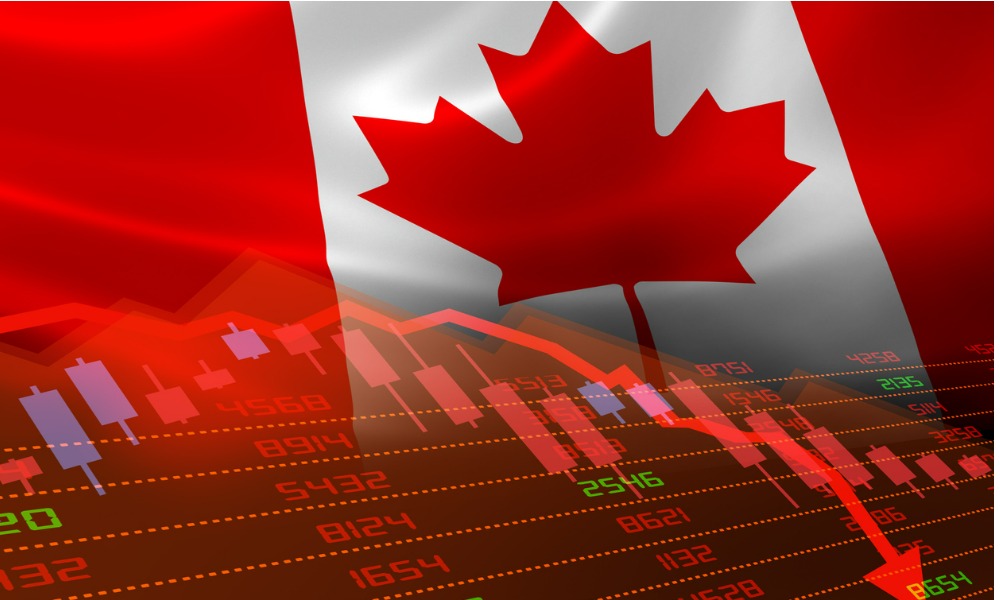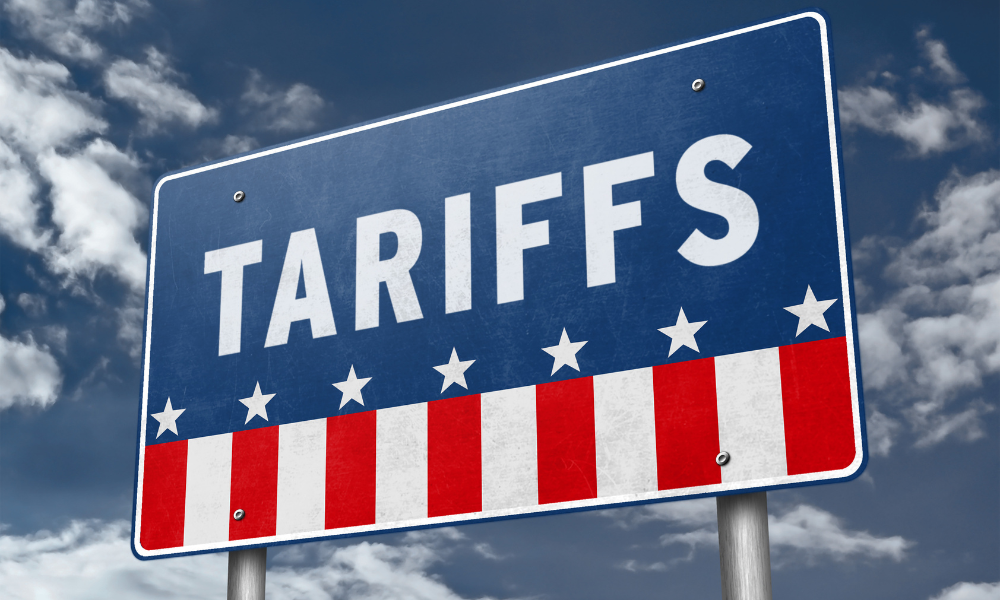How holiday spending and sales tax pauses helped fuel spending

Canadians appear to held back on holiday spending until the federal government’s pause on sales taxes came into effect.
The temporary GST/HST waiver came into effect on December 14 and will remain until February 15, enabling consumers to save on the taxes during the crucial holiday spending season, although businesses were less impressed with the policy, fearing extra costs and administrative burdens.
The policy is likely to have fueled the boost in spending seen last month according to the RBC Consumer Spending Tracker, but the stats may not mean a bumper year for retailers as spending may have simply been delayed rather than increased.
November saw a soft start to the holiday shopping season with Black Friday weaker than in 2023, but there was a slight overall rise in spending up until Boxing Day. Spending slowed significantly after the sales tax pause was announced but jumped when the policy came into effect.
Spending was down year-over-year on items such as books, music, journals, photography, hobbies, toys, and games in favour of entertainment, art, clothing, and jewellery.
RBC economist Carrie Freestone, writing on the bank’s Thought Leadership platform, said that per capita spending in the fourth quarter increased as population growth slowed, and rate cuts are likely to support this upward trend in the coming months.
“Overall, economic growth has still been soft—we are tracking a 1.5% increase in Q4 gross domestic product, up slightly from Q3’s 1% increase. Still, protectionist U.S. trade policy from the incoming Trump administration remains a risk,” she noted.
There have been concerns about rising consumer debt, with holiday bills expected to add to the pain, and RBC’s data shows that cardholder activity rebounded in December following a weaker November.
Business concerns
Canadian retailers will be hoping that the sales tax pause will continue to boost spending through mid-February with growing concerns about the cost of doing business and the potential impact of US tariffs and the Canadian government’s response.
“A trade war would be disastrous for both Canadian small businesses and consumers. We need to ensure that as governments face the tariff threat with their American counterparts, they must also stay focused on keeping Canadian businesses competitive at home,” said Corinne Pohlmann, Executive Vice-President of Advocacy at the CFIB. “The solution is a no-brainer. This is an SOS call to all governments: reduce red tape, eliminate internal trade barriers, and ease the tax burden on small businesses.”



